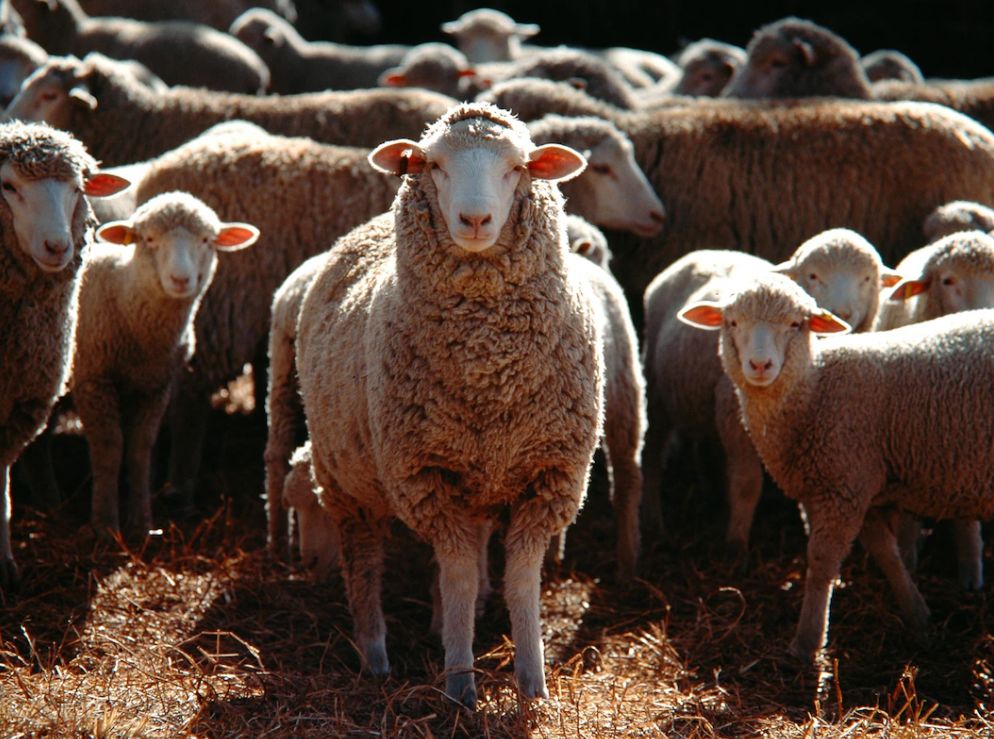If you are preparing to go to one of your very first livestock auctions, this article is for you. There are many things you need to know before you go and while you are there and these tips will give you the information you need so that when you hook up your livestock trailer to your truck and get ready to head out to your first lifestyle auction, you will know exactly what to do and what to expect.
Benefits of Livestock Auctions
There are many benefits to going to a livestock auction in person and we are going to take a look at a few of those. The biggest advantage to attending a livestock auction is the fact that it can be a lot of fun and it allows you a chance to network with other farmers as well as check out the animals that are for sale and learn more about the livestock industry.
Some people think that livestock auctions are full of animals that are sick, out of control, or unfit in other ways, but if you know the information you need about the animals you want to purchase, you will realize there’s nothing wrong with livestock auctions.
There are no commitments when you go to a livestock auction because you can just be there to check out each of the animals. You can check out the prices for what certain animals are selling for and there is no salesperson trying to pressure you aggressively into buying any certain animal, so you are in control of how you spend your money.
At a great livestock auction, the officials in charge will let you fully inspect the animals before the auction even starts, as well as during the bidding process. There are normally a lot of good prices along with a great selection of animals to choose from at livestock auctions.
Livestock auctions are also a gathering place for the farming community, and you can take advantage of the live entertainment in snack bars that are often present at these types of auctions.
It is All About the Animals
If you are heading out to a livestock auction so that you can bring animals home for your own farm, you need to do some research ahead of time about what types of breeds and species are going to be at the auction and which ones you are interested in. You should also do some amount of research into the sizes and ages of each animal that will be up for sale.
You will want to research what a healthy animal looks like at a variety of different ages based on the type of animal it is. For example, an experienced rancher can tell the difference between a two-year-old Hereford and a four-year-old Hereford just by looking at the animal. Many times, you can just look at the animal’s eyes or teeth, but this can be different for different types of species of animals.
It is imperative that you determine the overall health of the animal when you take a look at the different animals before the bidding process starts. You will want to look for any missing patches of fur from the animal’s hide as well as any bumps or bruises and you should check the teeth of the animal and the hoofs of the different species that have them. You should also request the paperwork for the animal and most reputable sellers will be able to provide that for you. This paperwork should include the animal’s immunization status, its breeding background, and an array of other important information. Most auction houses require this basic paperwork to be provided.
You want to keep in mind that if you do decide to purchase an animal that was born through poor breeding practices or is sick just because it’s a cheaper price, the animal is not returnable, and it may not be worth the effort in trying to make the animal well in the future.
Don’t purchase sick animals or those with poor breeding, even if they’re cheap. It’s not worth the effort and animals acquired at auction are not returnable.
Be sure to have cash or a check with you since most auction houses do not accept credit cards. It is also best to purchase animals like cattle in at least pairs of two, since they are herd animals and need companions to keep them within their fences as well as to help them put on weight.
You will need to bring your trailer since most auction houses will only keep the animals you purchase for 24 hours after the sale.
When you first get to the auction house on the day of the sale, you need to register at the main office. The person working there will give you a sign or placard that you will hold up when you want to bid on an animal during the auction.









